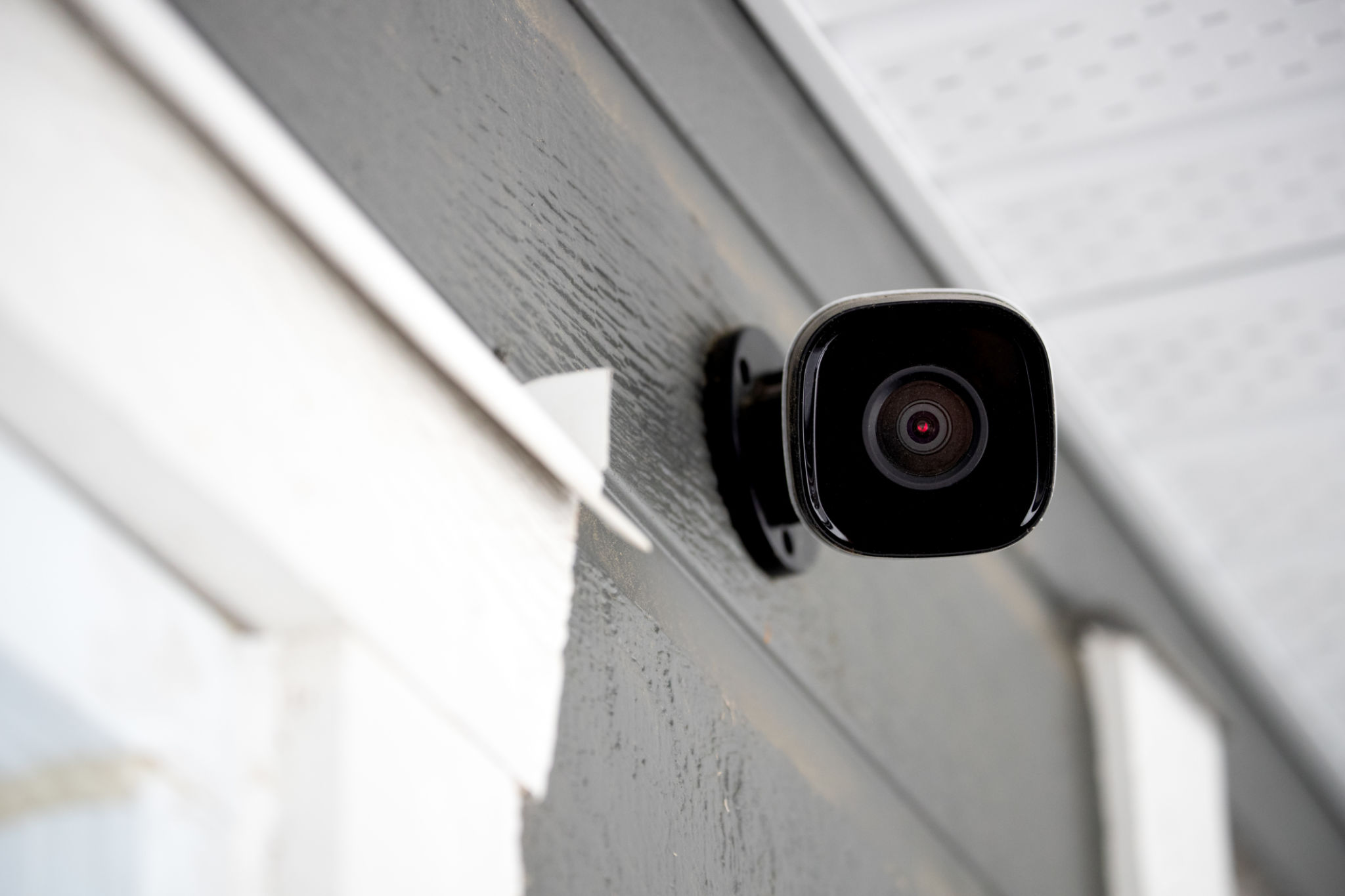How Smart Home Technology is Revolutionizing Modern Living Spaces
The Rise of Smart Home Technology
In recent years, smart home technology has become an integral part of modern living spaces, offering increased convenience, security, and energy efficiency. As more people embrace this innovative trend, it's transforming how we interact with our homes, making our daily lives more streamlined and connected.
Smart home devices range from voice-activated assistants to automated lighting systems, each designed to enhance the functionality of our living environments. These technologies are not only making homes smarter but also more adaptable to our unique lifestyles.

Enhancing Convenience with Automation
One of the most significant advantages of smart home technology is the level of convenience it provides. Imagine controlling your home's lighting, temperature, and security systems with a simple voice command or a tap on your smartphone. Automated systems can learn your preferences and adjust settings accordingly, making daily routines more efficient.
Smart thermostats, for example, can detect when you're home and adjust the temperature to your liking. Similarly, smart lighting systems can be programmed to switch on or off based on your schedule, helping to reduce energy consumption and utility costs.
Improving Home Security
Security is a top priority for many homeowners, and smart home technology offers advanced solutions to keep homes safe. From smart doorbells equipped with cameras to comprehensive security systems that alert homeowners of suspicious activities, these innovations provide peace of mind.

Smart locks are another popular choice, allowing users to lock or unlock doors remotely. This is particularly useful for granting access to guests or service personnel without needing a physical key. Additionally, many systems offer real-time notifications, so you're always aware of what's happening around your property.
Energy Efficiency and Sustainability
Smart home technology also plays a crucial role in promoting energy efficiency and sustainability. Devices such as smart plugs and energy monitors help users track their energy consumption patterns and identify opportunities for savings.
By optimizing the use of appliances and systems, homeowners can reduce their carbon footprint and contribute to a more sustainable future. Moreover, many smart devices integrate with renewable energy sources, like solar panels, further enhancing their eco-friendly impact.

The Future of Smart Living
As technology continues to advance, the potential for smart homes is limitless. Emerging trends like artificial intelligence and machine learning are expected to further personalize and enhance the capabilities of these systems.
The integration of smart home technology into new construction projects is becoming increasingly common, making it easier for people to adopt these innovations from day one. With a focus on connectivity and efficiency, smart homes are poised to redefine modern living spaces for generations to come.
